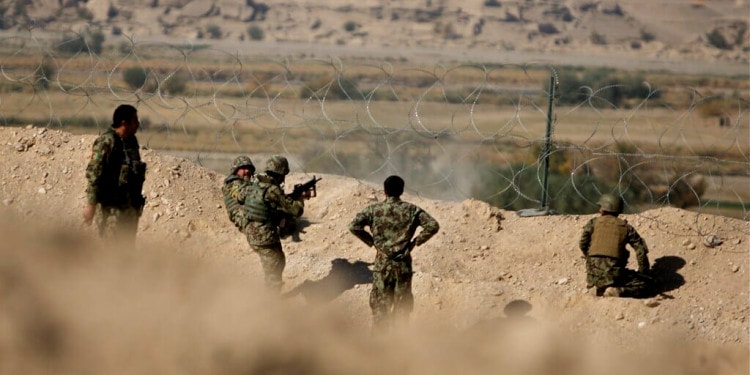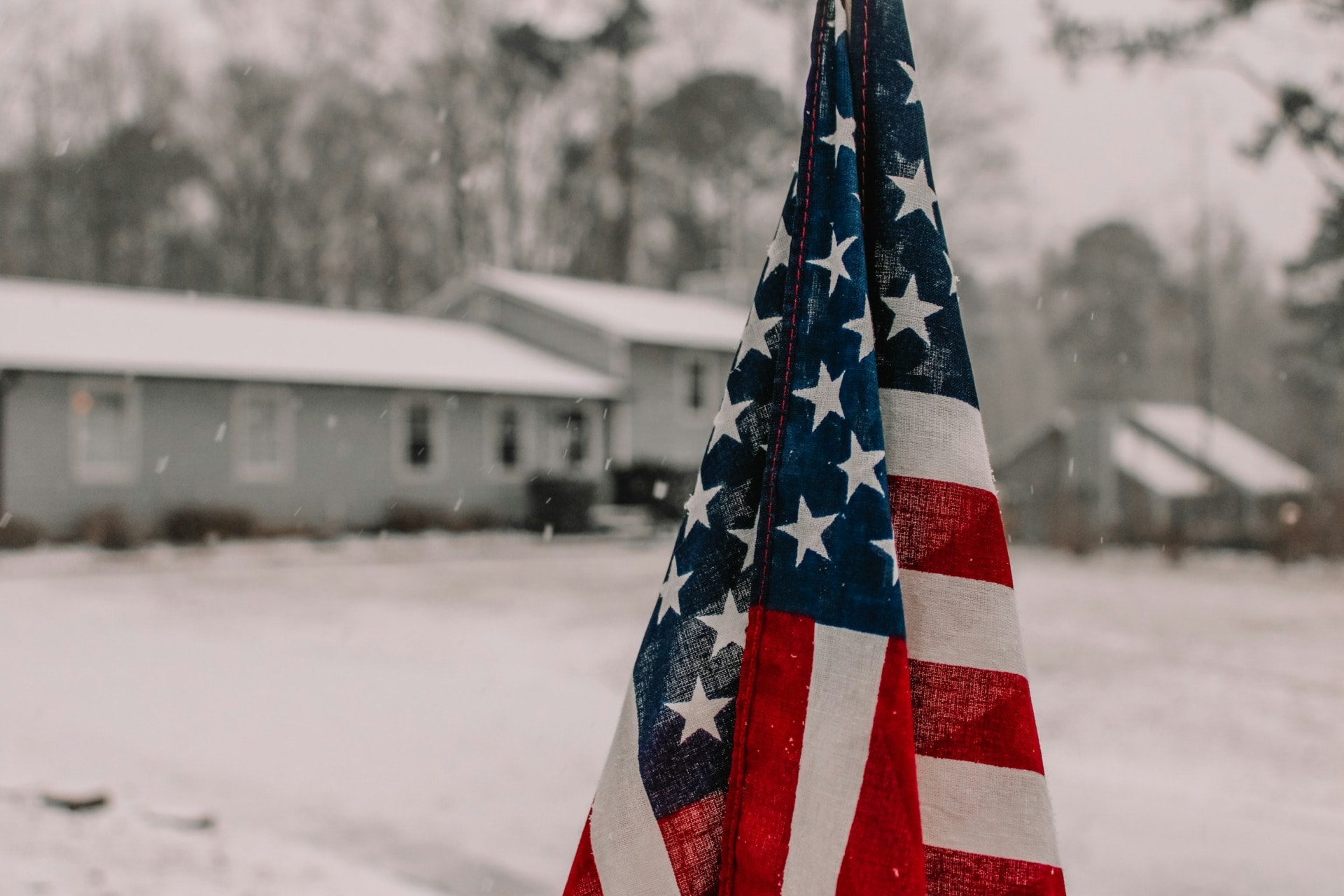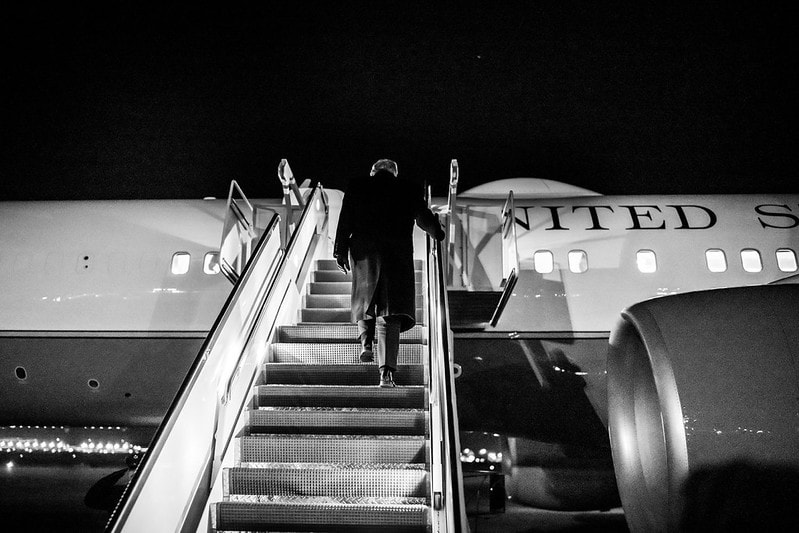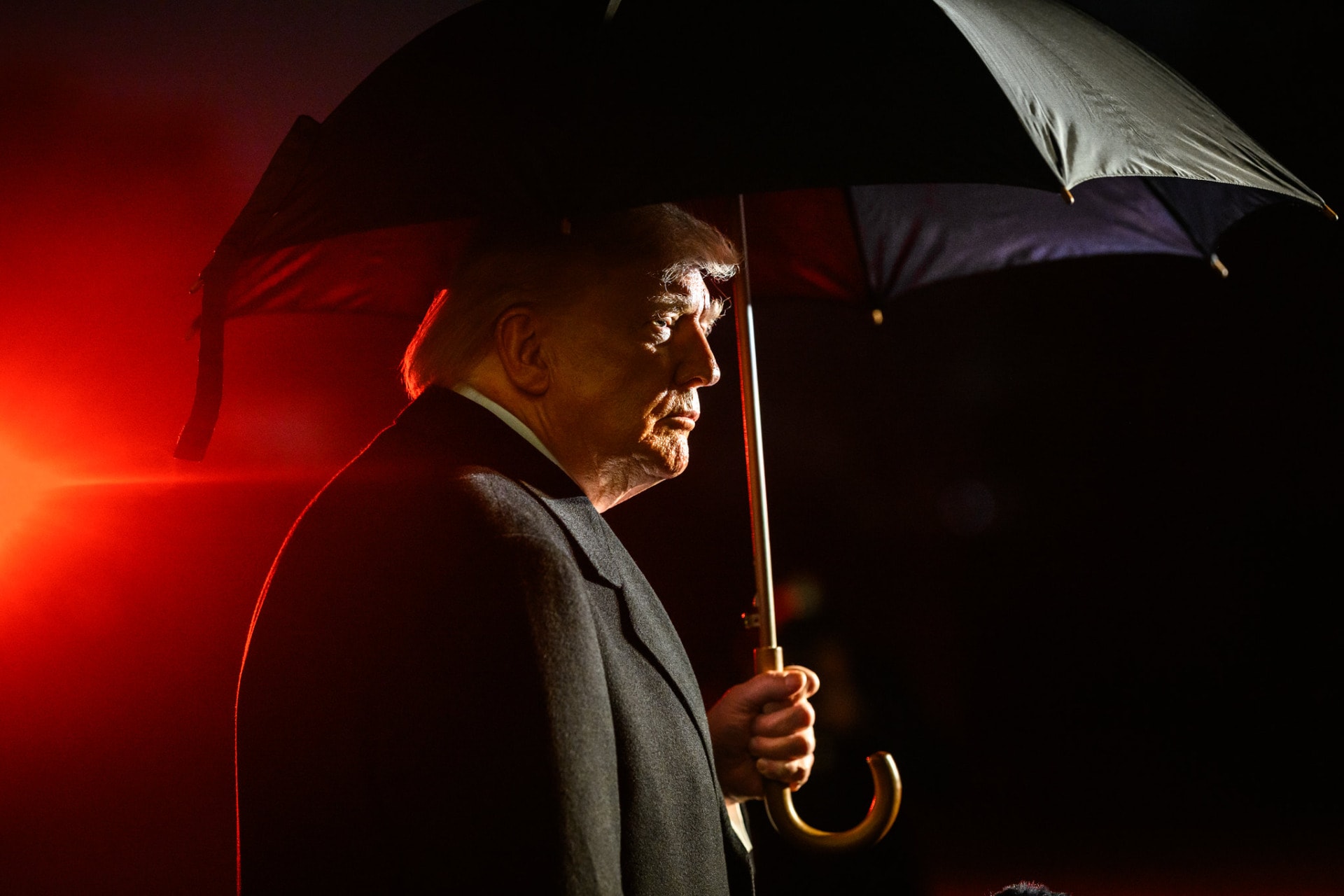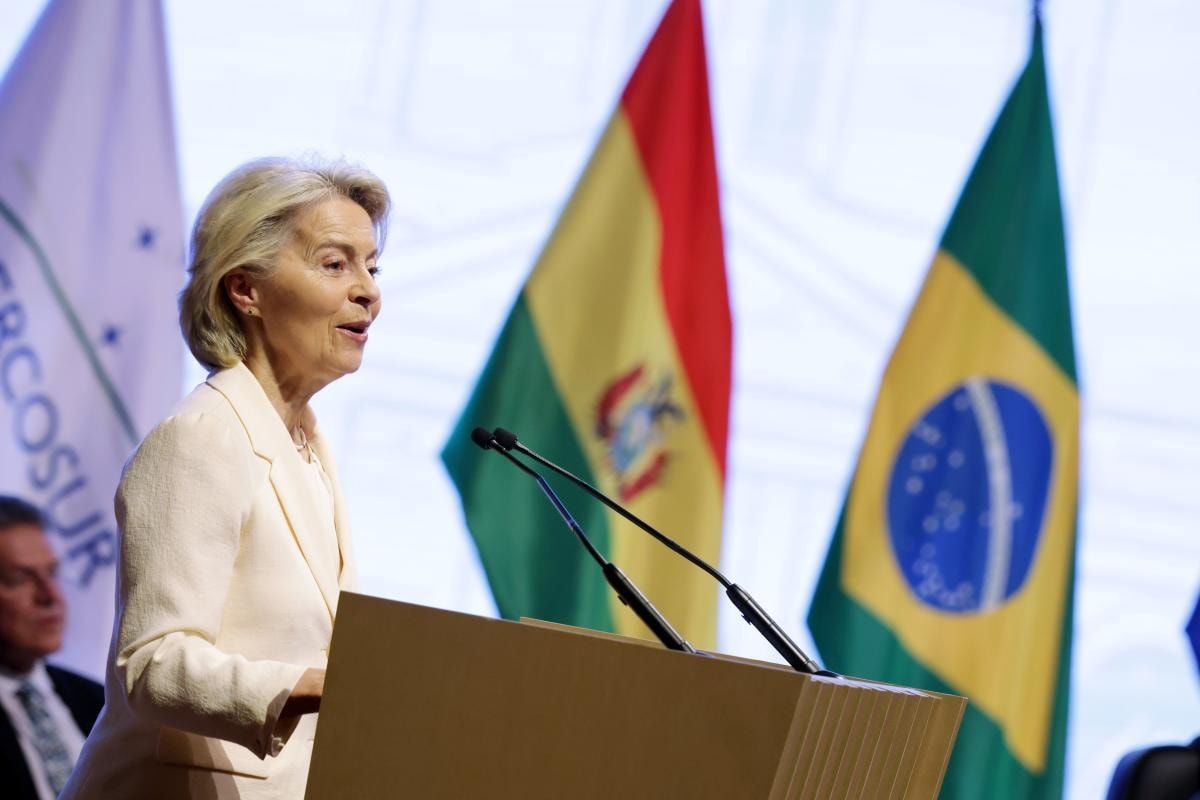As the Taliban consolidate their control of the sixth provincial Afghan capital taken in four days, the United States has said it is up to Afghan security forces to defend the country.
The Taliban have lost no time capitalising on the withdrawal of U.S. and foreign troops from the region, with fighting dramatically escalating following the activation of their final stage of withdrawal in May.
President Biden has argued that the Afghan people must choose their own future, setting the date for the end of the U.S Military’s Mission in Afghanistan for Aug. 31, 2021.
Meanwhile, the Afghan army has not been able to stand in the way of what looks increasingly like an overwhelming offensive.
After taking the nation’s fifth most populous city, Kunduz, and provincial capital Lashkar Gah, three further provincial capitals fell over the weekend: Zaranj in the South, Sar-e-Pul in the North, and Taloqan in the Northeast. Afghan security officials report heavy fighting on the outskirts of Herat, Afghanistan’s third largest city.
Pentagon spokesperson John Kirby admitted that the fight on the ground is “clearly not going in the right direction,” but maintained that the Afghan situation was not hopeless. He was working in the military’s media operations when the U.S. withdrawal from Iraq in 2011 led to the formation of a “caliphate” by the Islamic State, an event that seems directly comparable to this Taliban ascendency.
Related Articles: Covid-19: Girls and Women Take the Brunt | Women and Peacebuilding: The Key to Achieving SDG 5 in Afghanistan
“The atrocities grow higher by the day,” said Herve Ludovic De Lys, from UNICEF, who reported 20 children killed and 130 injured in the Kandahar province over the last 72 hours.
These atrocities will not end if the Taliban regain control. Many people in Afghanistan will remember what their rule was like from 1996 to 2001: The massacre campaigns justified by “necessity.” The horrific oppression and trafficking of women. Indiscriminate violence against civilians and the erasure of traditional culture. There is no reason to believe that they have changed in the last 20 years. This is the horror the Afghan people are to expect, and the fate foreign forces are consigning thousands of innocents to should Afghan forces fail.
Darkness descends, bullet by bullet. #Taliban drags 21-year-old woman out of car, shoots her dead for not wearing a veil.https://t.co/SSdANgVO1h
— Kanchan Gupta 🇮🇳 (@KanchanGupta) August 6, 2021
Criticism has been levelled at the withdrawal of U.S. troops from a nation that appears to be crumpling as its support is removed.
While the U.S. has said it will not actively intervene in the fighting, it will engage diplomatic mechanisms to press for a reduction in violence. The United States envoy to Afghanistan, Zalmay Khalilzad has gone to Qatar, where the senior leaders of the Taliban reside, to “press the Taliban to stop their military offensive.”
“Ambassador Khalilzad will be in Doha to help formulate a joint international response to the rapidly deteriorating situation in Afghanistan,” said the US Department of State.
After the two decades of attempted negotiations leading up to this ascendency, what further diplomacy is expected to achieve is uncertain. As this diplomatic effort goes on “pressing” and “formulating”, it is clear that, as John Kirby said: “It’s their country to defend now. It’s their struggle.”
Editor’s Note: The opinions expressed here by Impakter.com columnists are their own, not those of Impakter.com — In the Featured Photo: Afghan soldiers in the Helmand region since taking Combat Outpost Nolay over from US marines. Featured Photo Credit: Al Jazeera English


